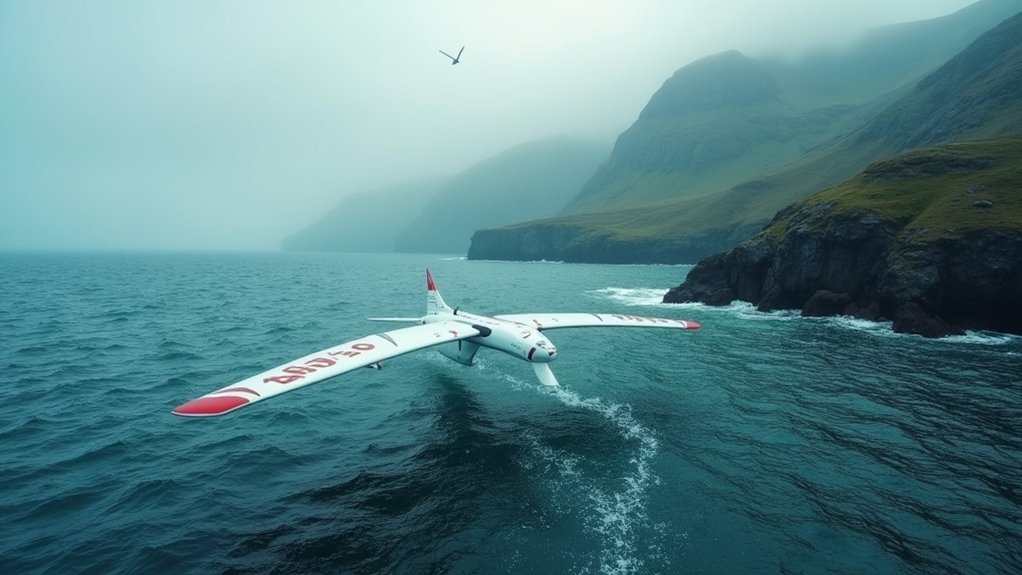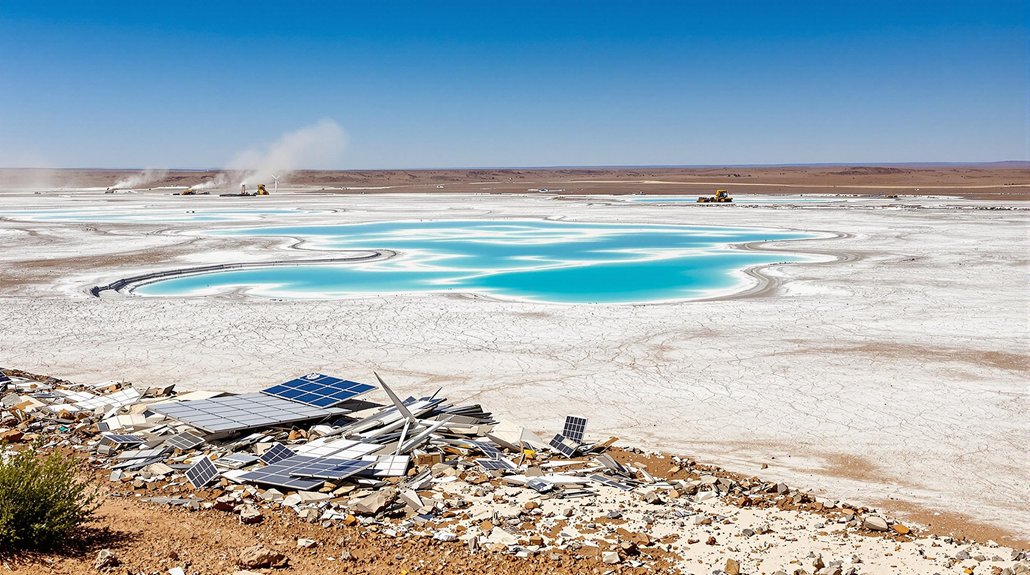USAID’s $375 million funding freeze has thrown wildlife conservation projects into crisis across 60 countries. Critical activities like anti-poaching patrols and habitat restoration have halted as organizations face staff layoffs and operational cutbacks. The suspension, part of an America First policy shift, threatens years of progress in protecting endangered species and fighting wildlife trafficking. Local organizations and iconic parks like Virunga now face uncertain futures as this conservation lifeline runs dry.
While the United States stands as one of the world’s top funders of nature conservation efforts, recent funding freezes have thrown wildlife projects around the globe into turmoil. The U.S. Agency for International Development (USAID) provided $375 million to international biodiversity programs in 2023, spanning 60 countries. This funding is now in jeopardy.
The sudden suspension of USAID funding has created a crisis for conservation initiatives worldwide. With a minimum 90-day freeze affecting nearly half of global humanitarian and conservation aid, many projects face an uncertain future. The Trump administration’s decision to freeze funding was intended to reassess alignment with America First policy priorities. The impacts are already visible on the ground, with conservationists reporting staff layoffs and scaled-down operations.
Conservation efforts worldwide face paralysis as USAID’s 90-day funding freeze triggers layoffs and scaled-back operations across vital projects.
Ranger patrols, which form the backbone of wildlife protection, have been hit particularly hard. In Africa’s Congo Basin, ranger salaries have been slashed, forcing reserves to reduce patrols and leaving vital habitats vulnerable. Virunga National Park alone has received more than $23 million from U.S. funding since 2019, but now faces financial uncertainty.
The freeze affects multiple conservation activities beyond ranger patrols. Habitat restoration for endangered species, anti-wildlife trafficking initiatives, and forest mapping projects have all been disrupted. Community conservancies, often led by indigenous groups, are especially vulnerable as they typically rely heavily on this funding.
The U.S. government has long been a consistent supporter of global biodiversity efforts. The “biodiversity earmark” in Congress’s appropriations traditionally protected such funding from political shifts. This recent suspension marks a departure from established practice. The dismantling of USAID has resulted in the termination of over 5,341 projects across the globe.
With total U.S. nonmilitary foreign aid approximating $60 billion annually, conservation represents a small but essential portion. The current funding crisis threatens to undo years of progress in combating wildlife trafficking, poaching, and deforestation across Africa, Southeast Asia, and Latin America.
Local organizations that depend on USAID backing now struggle to maintain their operations, putting both wildlife and the communities that protect them at increasing risk.
References
- https://e360.yale.edu/features/usaid-cuts-conservation
- https://conservewildcats.org/2025/02/25/funding-freeze-threatens-wildlife/
- https://www.butlernature.com/2025/02/15/u-s-funding-cuts-cripple-global-efforts-to-protect-animals-and-their-habitats/
- https://www.usaspending.gov/award/ASST_NON_72061720CA00006_7200
- https://news.mongabay.com/2025/02/across-the-world-conservation-projects-reel-after-abrupt-us-funding-cuts/









